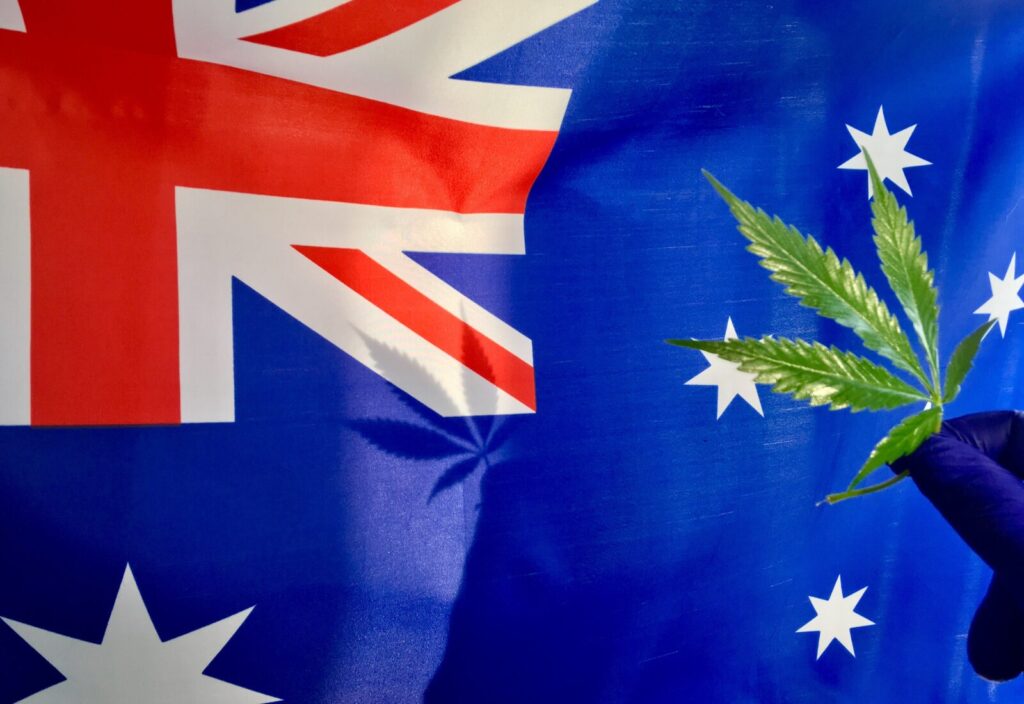In 2025, cannabis regulations in Australia vary greatly between states and territories, creating a complex legal landscape for both residents and visitors. While medical cannabis is legal nationwide under the Therapeutic Goods Administration (TGA) framework, recreational use remains largely prohibited—except in the Australian Capital Territory (ACT), where limited possession and home cultivation are legal. Other jurisdictions use a mix of decriminalisation, diversion programs, or strict prohibition, with penalties ranging from on-the-spot fines to criminal prosecution. Understanding these differences is crucial for staying compliant and avoiding legal trouble, especially when travelling between regions.
Australian Capital Territory – Limited Legalisation

The ACT is the only jurisdiction that has legalised limited recreational possession and home growing for adults aged 18 and over. Individuals may possess up to 50 grams of dried cannabis or 150 grams of fresh cannabis, and cultivate up to two plants per person (maximum of four per household). Public consumption, supplying to minors, and selling remain criminal offences. There is no legal retail market, meaning cannabis must be grown at home or obtained through private sharing without payment. While ACT laws permit personal use, federal laws still prohibit cannabis, and crossing into New South Wales with it can lead to prosecution.
Decriminalisation in South Australia, Northern Territory, and Western Australia
South Australia and the Northern Territory have adopted partial decriminalisation models. In SA, possession of up to 100 grams, one plant, or small resin amounts may result in an on-the-spot fine rather than court action, provided no aggravating factors apply. In the NT, adults can possess up to 50 grams in their private residence without facing criminal prosecution, but public possession is illegal. Western Australia uses a Cannabis Intervention Requirement (CIR) system—possession of up to 10 grams may lead to mandatory education instead of charges. However, exceeding these limits or repeated offences can result in prosecution.
Caution and Diversion States – NSW, Victoria, Queensland, and Tasmania
In New South Wales, Victoria, Queensland, and Tasmania, recreational cannabis possession remains illegal but may be handled through cautioning or diversion for small quantities—usually less than 15–50 grams, depending on the state. First-time offenders often avoid a criminal record by attending education or counselling sessions. However, repeat offences, cultivation, or possession above threshold limits lead to court charges, fines, or imprisonment. These states maintain a prohibition-based approach, focusing on harm minimisation for minor offences but enforcing strict penalties for trafficking or large-scale growing.
Federal Law and Cross-Border Risks
Despite differences in state and territory laws, cannabis remains a prohibited drug under federal law, and transporting it across borders can result in prosecution. For example, someone compliant with ACT laws could still be arrested in New South Wales. Drug-driving laws apply nationwide, and testing positive for THC in saliva or blood can lead to penalties regardless of impairment level. This patchwork system means Australians must be aware of both local and federal rules when possessing or using cannabis.
Key Takeaways for 2025

Medical cannabis access is legal nationwide through doctor prescriptions under the TGA system, but recreational rules vary widely. The ACT allows limited legal possession and home cultivation, SA, NT, and WA have partial decriminalisation, and NSW, VIC, QLD, and TAS rely on caution or diversion schemes without legalisation. Before travelling or relocating, it’s essential to check the current rules in your destination to avoid legal issues, as public use, supplying to minors, and driving with THC remain criminal offences in all jurisdictions.






Leave a Reply